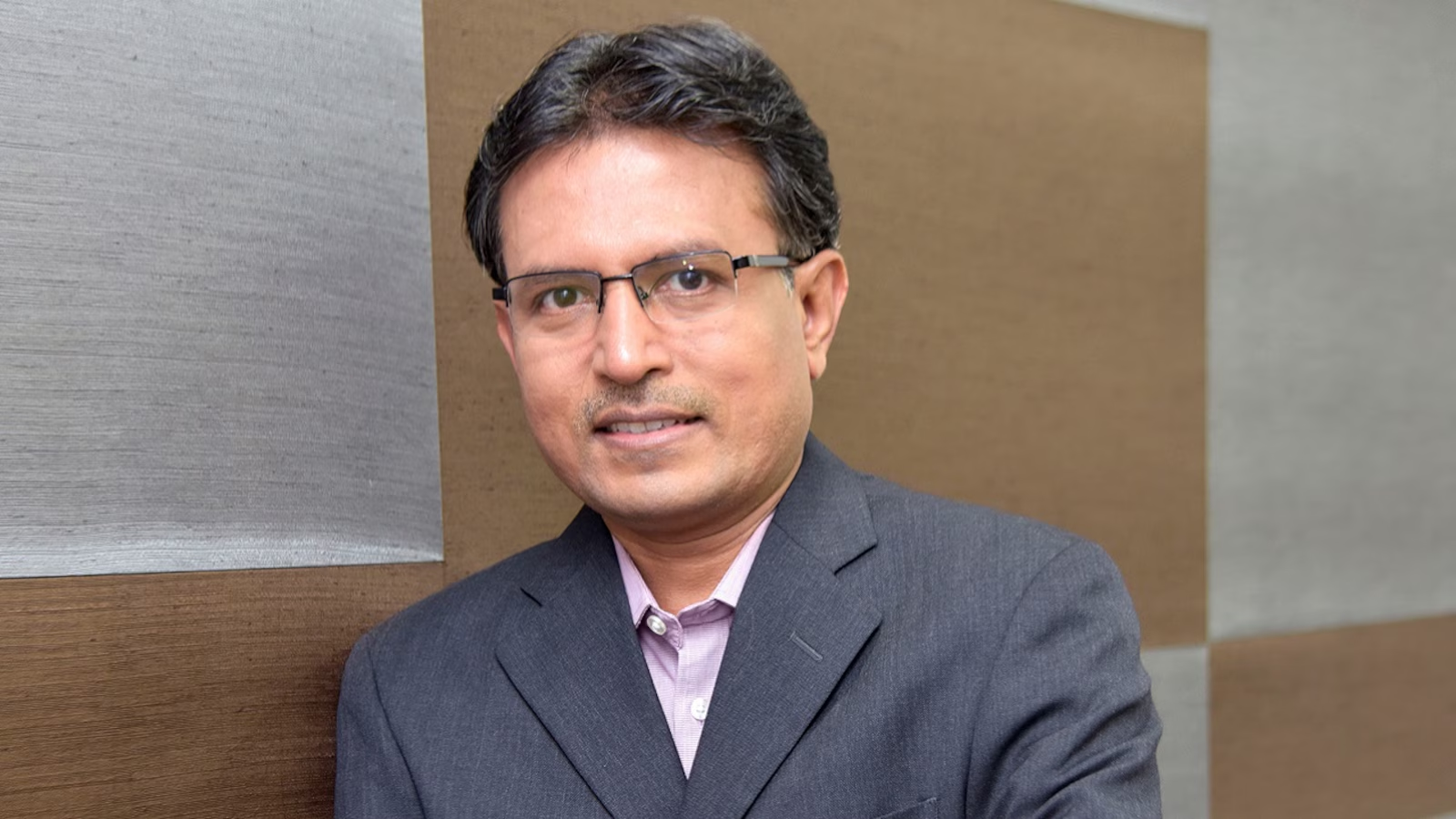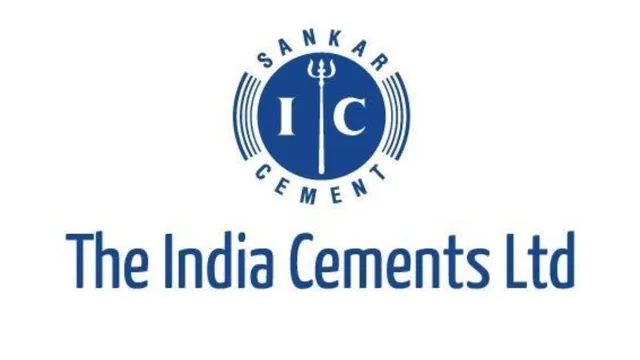According to Nilesh Shah, he will suggest an arbitrage fund for high taxpayers, as well as money market funds, short-term bond funds, and debt funds where investors may be able to profit somewhat from a decline in interest rates for a maximum of one year. Longer-duration bond funds are available for terms ranging from one to three years. After the budget, investing in precious metals is an additional option.
Which asset types are the greatest to own after one, three, and five years? Nilesh Shah responds
According to Nilesh Shah, MD of Kotak AMC, there ought to be more money in consumers’ pockets following the election and the monsoon budget, and FMCG should perform strongly. In the FMCG industry, companies that can introduce products in novel ways or reach more communities through wider distribution networks are given priority. Kotak maintains portfolio-based selection in the pharmaceutical industry. Right now, the IT and chemical industries are being closely watched.
which asset greatest to own after one, three, and five years?
1) Telangana’s overall budget deficit was approximately Rs 34,000 crore the previous year; it is currently 2.4%. Is this only standard electioneering rhetoric, or does it portend the implementation of populist policies in the future?
Nilesh Shah Whatever you say, the opposite is also true in India. On the one hand, states’ finances have gotten worse due to either waivers for spending or a significant gap between revenue and expenses, forcing them to borrow money. However, certain states, such as Odisha, have surplus revenue and are not available for borrowing on the market. Because to the mining royalties and careful administration, Odisha has become a state with excess revenue. Therefore, there are two extremes: one in which states have a revenue surplus and have not used the borrowing market in a while, and one in which they require assistance from the borrowing side to cover their expenditures.

2) When we last met with you, you believed that one should focus on IT in particular, FMCG, or consumer staples, and pharmaceuticals judiciously. That was the consensus at the time of the election results. Given that there is consistency in policy and increased clarity regarding the direction that government activity will take over the next five years, has your opinion changed since then?
Nilesh Shah We continue to think that, in the near future, FMCG should do better than the market. Customers now have money in their pockets as a result of the election. The budget needs to support mass markets and rural goods. Either a tax cut as anticipated or an increase in standard deduction limits, as noted in today’s newspaper, should put more money in consumers’ pockets.
All things considered, we think that the election and monsoon budget will put more money in consumers’ pockets and help FMCG. In the FMCG industry, companies that can introduce products in novel ways or reach more communities through wider distribution networks are given priority. We continue to be portfolio-based and selective when it comes to pharma. We believe that distribution businesses will face pressure to pay slightly higher costs in order to ensure supplies, as there may be medical shortages in the US.
The US FDA’s desire to maintain the availability of medicine in the face of shortages is likely another factor motivating their move. Pharma and FMCG companies will benefit from both of these developments. We want to observe and wait on IT. The last time, I also mentioned that we should check to see if the appointment letters they have sent out are actually being converted into appointments at the office campus. It is still not visible as of right now.
Numerous concerns have been taken into account in valuations, but from a growth perspective, we still need a catalyst. The chemical industry is as promising as IT. Chinese dumping is unabated, so we will have to wait and observe. It does affect Indian companies’ margins and profitability. Their enormous capability is underutilized. Chinese deforestation ought to finish eventually. Through process optimization or cost reduction, Indian industries will also become more cost-competitive, and eventually, we will have a solid access point between IT and chemicals. Thus, both of those industries are currently being closely watched.
3) Let’s discuss asset allocation for three different time horizons: short-term, which is six months to a year; medium-term, one to three years; and long-term, more than five years. Which asset classes—one-, three-, or five-year—are the greatest to own?
Nilesh Shah Hence, for a maximum of one year, I would advise investing in an arbitrage fund if you are a high taxpayer or in debt funds, money market funds, and short-term bond funds where the potential advantage of an interest rate decline is constrained.
You can choose longer-term bond funds with terms ranging from one to three years. We predict that interest rates will decline both internationally and in India over the course of the next 12 to 18 months, providing you with the benefits of both income and capital growth. After the budget, investing in precious metals is an additional option. The only issue with precious metals is that their incidence, including import taxes and GST, is roughly 18% in India. The prices of rupees and gold will be impacted accordingly if there is a decrease over there.
If import duties are certain to stay the same after the budget, then investing in precious metals is another option. After three years or longer, one could continue to own stocks. From a risk-adjusted perspective, it will be better to concentrate on growing the midcap at this time. Just a word of caution: lower your expected return if you are investing in stock. The past three years have been incredibly successful. In the upcoming three years, returns are likely to moderate.

